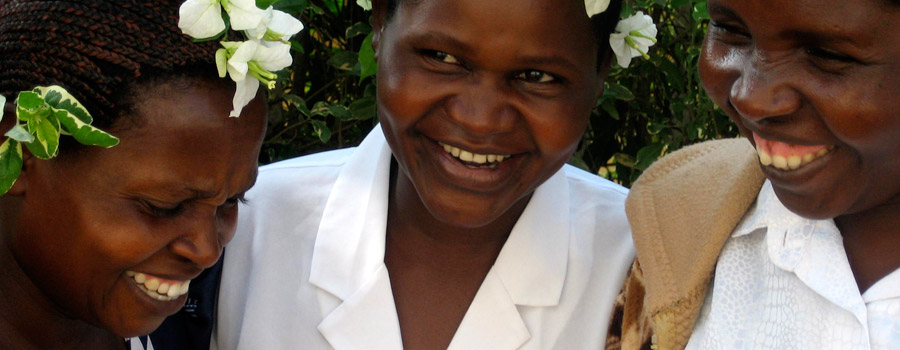Evidence-Based Programming : Monitoring and Evaluation :
Resources & Tools
Curricula and Training Modules
Data for Decision Making in Fistula Care: A Supplemental Module for Facilitative Supervision
In keeping with its commitment to quality improvement, Fistula Care promotes the use of data for decision making. This series of training modules provides clinical supervisors, service providers, and national-level stakeholders with skills to review and interpret data in order to strengthen health systems and services. The document includes guides for discussion and interactive activities, as well as handouts and other tools to teach lessons about data gathering, analysis, and application. The modules supplement EngenderHealth’s facilitative supervision tools, which emphasize team problem solving and communication.
Files: English (PDF, 2.8MB) and French (PDF, 2.6MB)
Evaluation and Research Studies
Family Planning-Integrated Fistula Care Evaluation and Case Study
The prevention component of the Fistula Care project has included family planning (FP) as an important measure for helping women and couples affected by fistula. Fistula Care’s approach to integrating FP services involves a five-step process that is adaptable to each facility’s capacity for integration. This report includes an in-depth case study of the Fistula Care Nigeria program’s efforts to integrate FP with fistula services. The Nigeria case study includes results from: interviews with key informants about the integration process; observations of patient-provider counseling sessions; focus group discussions; and provider self-assessments. Results of other countries’ experiences using the FP integration framework are also presented. The report also reviews the trends from Fistula Care quarterly reporting from supported sites on FP counseling and the numbers of FP acceptors, by method.
Files: English (PDF, 3.0MB) and French (PDF, 562KB)
Tools
Fistula Treatment Complications: Reporting Guidelines
These guidelines provide information for reporting fistula surgery related complications and includes definitions, assumptions, and lists of select major, minor, and long-term complications that can occur.
Files: English (PDF, 255KB) and French (PDF, 301KB)
Protocol for Auditing and Reporting Mortality Related to Fistula Surgery
Fistula surgery–associated death is a rare event, but it has been known to occur. Systems should be in place to understand what happened and to prevent similar occurrences. This protocol includes guidance for investigating and reporting mortality related to fistula surgery: a reporting timeline, and detailed instructions for preparing a fistula death investigation report.
Files: English (PDF, 386KB) and French (PDF, 475KB)
Fistula Death Reporting Form from Uganda
Fistula surgery-associated death is a rare event, but it has been known to occur. Systems should be in place to understand what happened and to prevent similar occurrences. This protocol, adapted from a Fistula Care global document by the Uganda Ministry of Health, includes guidance for investigating and reporting mortality related to fistula surgery; instructions for preparing a fistula death investigation report; and reporting forms.
Files: English (PDF, 548KB)
Fistula Quarterly Reporting Form
The Fistula Care quarterly reporting template includes instructions, indicator definitions table, complications reporting guidelines, and six forms for facilities to report data on services provided. Forms include: clinical indicators for fistula surgery; fistula repair training for surgeons/physicians; training events by topic and cadre; community outreach and advocacy events; family planning services; and obstetric services.
Files: English (XLS, 534KB) and French (XLS, 547KB)
Medical Waste Management Compliance Checklist
This checklist facilitates annual monitoring of medical waste management at Fistula Care–supported sites.
Files: English (PDF, 535KB) and French (PDF, 552KB)
![[ Skip Navigation ]](../../data/images/c.gif)



